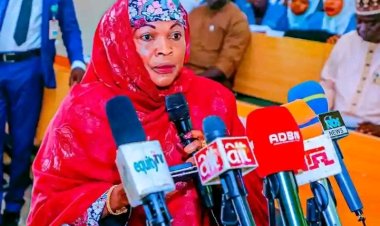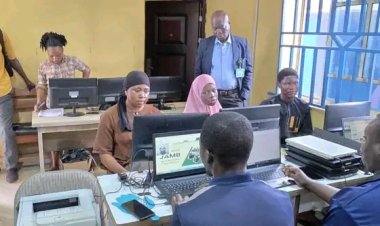ABSU Students Representative Council Protests Bike Fare Hike on Campus
In a recent turn of events at Abia State University (ABSU) campus, the Students Representative Council, has ignited a wave of controversy by raising concerns over an alleged increase in bike fares from upgate to various hostels within the campus.

In a recent turn of events at Abia State University (ABSU) campus, the Students Representative Council, has ignited a wave of controversy by raising concerns over an alleged increase in bike fares from upgate to various hostels within the campus. The dispute gained momentum when a top contributor to ABSU RANTS group issued a notice, urging students to report any bike man charging 200 naira for the journey.
According to the SRC announcement, the standard fare for the bike ride from upgate to inside the school and hostels is fixed at 100 naira. The post emphasizes the importance of students taking note of the bike man's apron number if charged an amount higher than the prescribed fare and reporting it to the group.
READ: ABSU SUG PRO Urges Students to Return to Campus as Academic Activities Resume
This announcement has sparked a heated debate within the ABSU community, with students expressing their dissatisfaction over what appears to be an unwarranted fare increase. Notable contributor Emily Fontaine Weather went a step further, suggesting that students who cannot afford the 200 naira fare should resort to using their legs for transportation.
FOLLOW: ABSU ASUU Chapter Suspends Strike Following Dialogue
Vy Vy, another vocal member of the group, shifted the discussion to the issue of increased lodge rent, questioning whether landlords have raised fees.
RECOMMENDED: ABSUTH Regains Full Accreditation, Medical Council Praises Otti
In response to these concerns, the ABSU SRC, remains actively engaged in addressing student issues and advocating for fair practices within the campus. This controversy sheds light on the ongoing challenges faced by students regarding transportation costs and potential broader economic impacts within the university community. The group's commitment to addressing these issues reflects the strength of student unity in advocating for their rights and fair treatment on campus.

 Mary Nwaeze
Mary Nwaeze 



